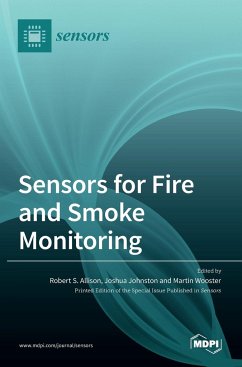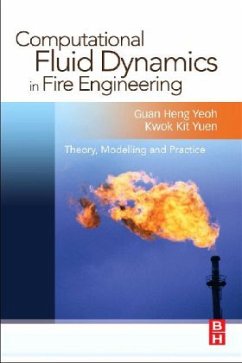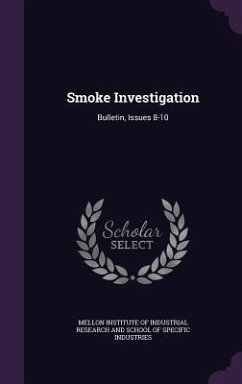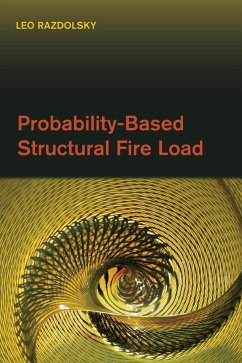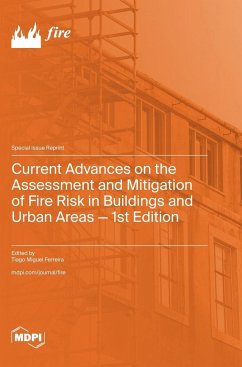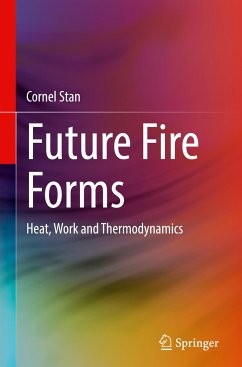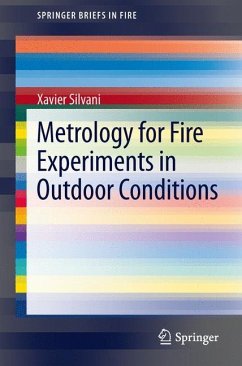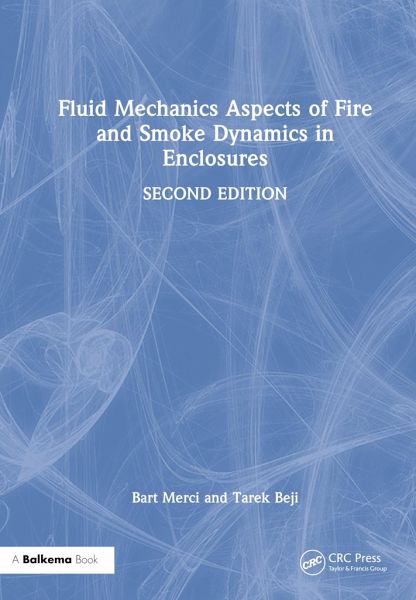
Fluid Mechanics Aspects of Fire and Smoke Dynamics in Enclosures
Versandkostenfrei!
Versandfertig in 1-2 Wochen
182,99 €
inkl. MwSt.

PAYBACK Punkte
91 °P sammeln!
Although combustion, heat transfer and fire suppression depend on fluid mechanics this is typically skated over in introductory books. This handbook covers turbulent flows with combustion, the structure of flames, fire and smoke dynamics, fire and water, interactions with boundaries; plus applications in fire control, and CFD.





